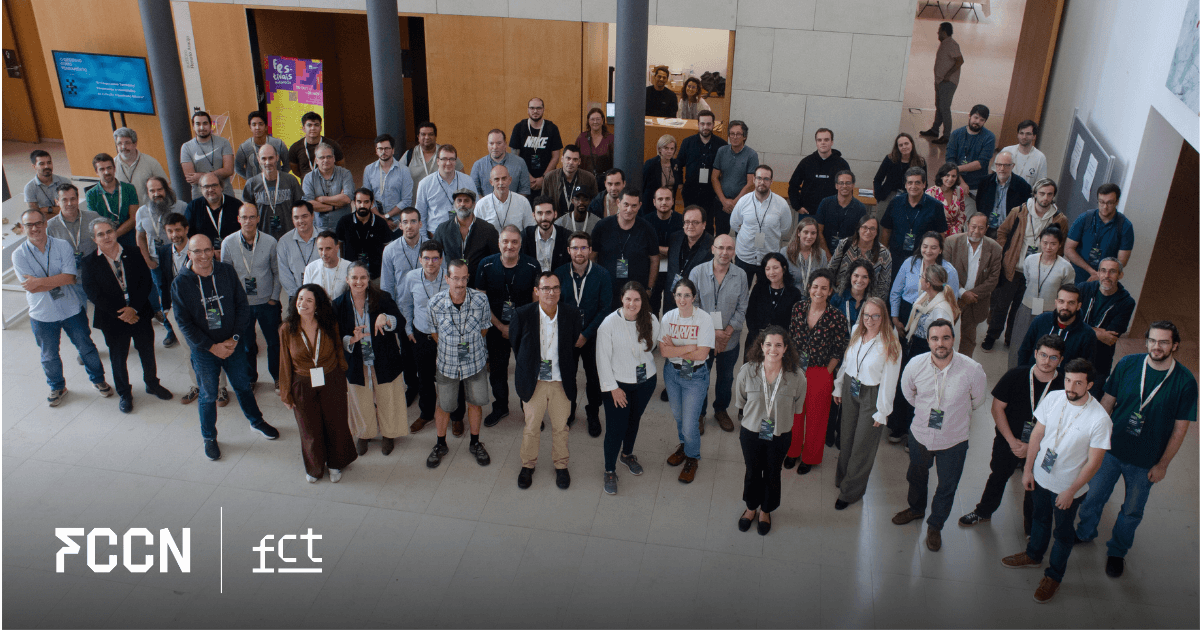
INCD (National Distributed Computing Infrastructure) provides digital support for research. More than 35 institutions use these computing and storage services across all fields of knowledge.
The INCD has been undergoing constant evolution since a national computing infrastructure was established in 2008 as part of the National Grid initiative. Recently, it was announced that Portugal will host one of eight European supercomputers. The machine, University of Minho professor António Cunha told the newspaper, Public, has a capacity 40 times superior to the most powerful Portuguese supercomputer.
This increase in computing capacity arises as a way of ensuring that researchers and research units will be able to continue to perform tasks with high computing powerThis capability is especially useful, for example, for analyzing massive data. European Commissioner for Research, Science and Innovation Carlos Moedas highlighted the role of supercomputing in helping “develop personalized medicine, save energy and fight climate change more efficiently.”
Along the same lines, the National Distributed Computing Infrastructure is part of the roadmap of strategic infrastructures dedicated to research. With more than 35 user institutions, this infrastructure is result of the joint work of the National Scientific Computing Unit of the Foundation for Science and Technology, the National Civil Engineering Laboratory (LNEC) and the Laboratory of Instrumentation and Experimental Particle Physics (LIP).
Share computing
INCD services are provided from multiple locations, using an integrated system approach, with interconnection guaranteed by a state-of-the-art network infrastructure. This is how INCD offers support to researchers, enabling their participation in projects (national and international).
INCD's international dimension is also evident in its integration with international infrastructures – such as the European Grid Infrastructure (EGI), the Iberian Computing Infrastructure (IBERGRID), the Worldwide LHC Computing Grid (WLCG), and the European Science Cloud (EOSC-hub). This integration makes it possible share computing resources with their European counterparts, for the benefit of network users, and this infrastructure is especially designed to provide scientific calculation services.
Serve the investigation
INCD services are used by national and international research and development projects. In this way, they involve scientific infrastructures, researchers and IT departments of higher education institutions and research units.Access to HTC, HPC, Grid, Cloud and other services is done by completing a prior registration form.
According to INCD, around 380,000 jobs (work units or computational execution) are carried out each month. In total, the infrastructure carries out, per month, 950,000 hours of computing High-performance computing (HPC) and High-throughput computing (HTC). At the same time, approximately 650,000 hours of Cloud Computing per month – the storage and calculation carried out by computers and servers interconnected via the Internet.
This diversity of solutions, highlights INCD, on its website, allows the creation of solutions tailored to the user. On the other hand, they add, the technical team guarantees close and permanent monitoring, monitoring the evolution of the specificities and needs of each project.











